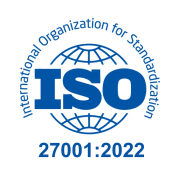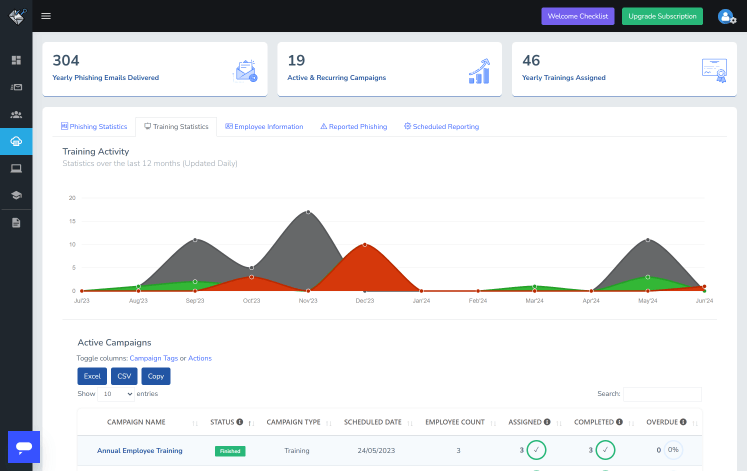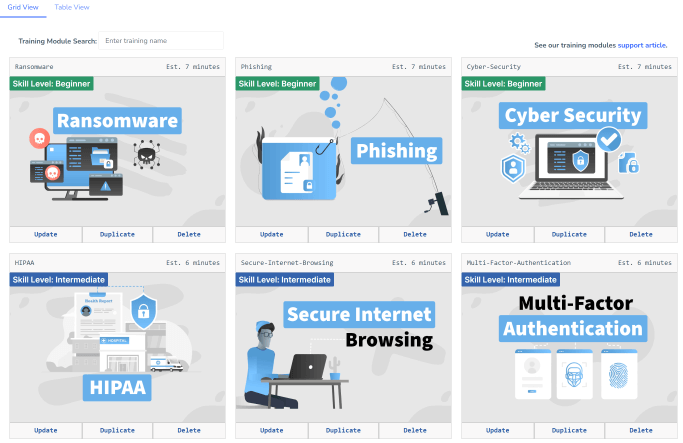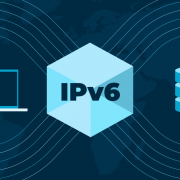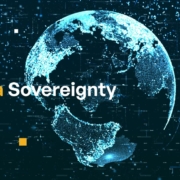A New Standard for Digital Trust in the Lao PDR
In an era where digital transformation is driving the nation’s progress, the foundation of secure and trusted infrastructure is non-negotiable. For GDMS Laos, a company deeply invested in building secure sovereign cloud solutions for the Lao PDR, this commitment is our core mission.
We are proud to announce that GDMS Laos has achieved the globally recognized ISO/IEC 27001:2022 certification for our Information Security Management System (ISMS).
The Certified Scope: Protecting Laos’ Critical Digital Assets
This certification is highly specific and covers the most vital components of the nation’s digital foundation that we operate:
-
The LEED Datacenter: The Ministry of Technology and Communications’ managed data center in Vientiane.
-
The GDMS Cloud Infrastructure (3 AZs): Our entire in-country sovereign cloud platform, spanning across three Availability Zones (AZs) to ensure resilience and high availability.
-
Managed IT Services: The security of the services we provide to our customers, including key government and enterprise platforms hosted on this infrastructure.
ISO 27001: Global Standard Meets Lao Legal Requirements
This achievement is not just an international recognition; it is our fulfillment of a mandatory national requirement for secure data hosting.
The recent directives issued by the government of the Lao PDR, specifically the Decision on Digital Platform, explicitly state that the “data storage location must comply with the international standard on data security ISO/IEC 27001.”.
By achieving this certification for the LEED Datacenter and our 3-AZ cloud platform, GDMS Laos has definitively met this critical legal obligation. This confirmation of compliance is paramount for every customer using our services, ensuring that:
-
Mandatory Compliance is Met: Our infrastructure provides a fully compliant foundation for hosting all digital platforms and electronic transaction services as defined by the latest Lao PDR regulations.
-
Verifiable Security: The certification confirms that our systematic approach to security (including confidentiality, integrity, and availability) is audited and validated against the world’s most stringent information security standard.
-
Local Leadership Confirmed: Operating the national government data center (LEED) and hosting platforms like eBRS, eCRVS, and LESMIS, our certification confirms we are the leading sovereign cloud provider that meets both the technical and mandatory regulatory demands of the market.
This validation provides complete assurance that your data is handled with local control backed by non-negotiable international security validation.

Solidifying Leadership in Sovereign Cloud
As the recognized leading sovereign cloud infrastructure provider in Laos, operating the nation’s key government data center (LEED) in partnership with the MTC and hosting vital e-government services, this certification is non-negotiable.
It solidifies our commitment. Our clients now benefit from verifiable proof that their data is secured by a locally operated company whose processes adhere to global best practices. This is the definition of trusted digital sovereignty: local control backed by international security validation.
We believe this standard is essential for institutions looking to deploy critical services without compromising on data privacy or national security.
Moving Forward
While this is a significant milestone, security is an ongoing commitment, not a destination. We will continue to evolve our ISMS to stay ahead of emerging threats and maintain the highest levels of operational excellence.
Our priority remains clear: Your security, our priority.

